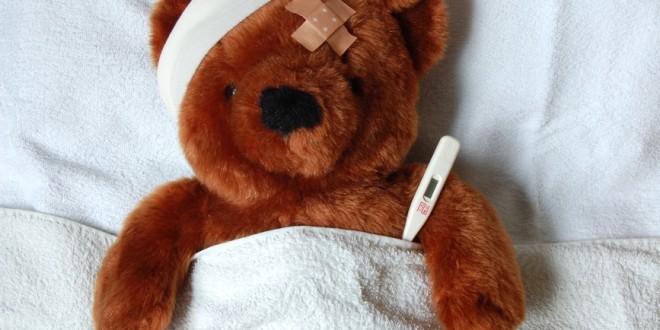At some point in your career, one of your associates may be hospitalized. Most of us are uncomfortable around illness. You, or a representative from your organization, must visit your ill co-worker at the hospital.
- It’s your job to be pleasant and smile while visiting.
- Remember not to wear perfume or cologne
- Don’t even consider visiting if you are sick or even imagine that you are coming down with a cold.
- Call the nurse’s station and inquire before bringing food to your coworker, even if the patient has requested the food. He or she may be on a restricted diet.
- Ask the nurse if bringing flowers or a plant is permitted. Your associate or his or her roommate (if it is not a private room) may have allergies.
- If you do bring flowers, bring along a vase. I don’t know where your bedridden colleague is supposed to find a vase for cut flowers.
- I probably don’t need to tell you not to eat any of the food that you have brought as a gift, but certainly never eat from a hospital food tray and don’t nibble on food others have brought. Besides the etiquette of the thing, maybe there should be a sanitation concern on your part.
- When you arrive, do not sit on the bed, and if there are not enough chairs, just stand. This is going to be a short visit anyway.
- Take your coworker’s hand (after asking if you may) in a warm and very gentle greeting. No hugs! Your associate is sick.
- Out of consideration to other patients, speak audibly, but also softly. In these close quarters, anyone in the hall may be able to hear your private conversation.
- If a physician or other healthcare professional needs to attend to the patient, excuse yourself from the room.
- Many hospitals do not allow cell phone use. Please respect this regulation or you may be asked to leave.
- Should your ill associate want you to take him or her for a walk or a spin in the wheel chair, go to the nurse’s station and make sure that this is permitted.
- No matter how important your question is, the staff may be overworked. Sound familiar? The nurse may not be able to get back to you right away. Politely ask again a little later.
- Think about the gift that you take with you. Don’t bring a book or magazines if your friend has just had eye surgery.
- Never bring children on your visit. Consider how ill the patient is before bringing your teenage child with you. If your teen is accompanying you, brief him or her on appropriate hospital behavior.
- Even with all good intentions, limit the number of guests visiting to no more than two at a time.
- Try not to stay over ten minutes. If your co-worker is well on the way to recovery, you may stretch the visit by a few minutes. There are times when five minutes is appropriate.
- If relatives are there, you may want to stay for a shorter time to allow the family to be together.
- Keep your conversation as upbeat as possible and remember that no one wants to hear about your ear lobe, foot, or gall bladder surgery.
People do notice your behavior. Follow these simple guidelines and you will always appear well-schooled and competent in both business and social manners.
Excerpts of blog taken from the book: Hospitality Management – People Skills & Manners on and off the Job. Copyright © 2015 Lyn Pont, PhD
— Isadore Sharp, chairman and founder, Four Seasons Hotels and Resorts
“Pont’s book is a must-read for anyone considering a career in hospitality.”
See the book at: www.HospitalityManners.com




